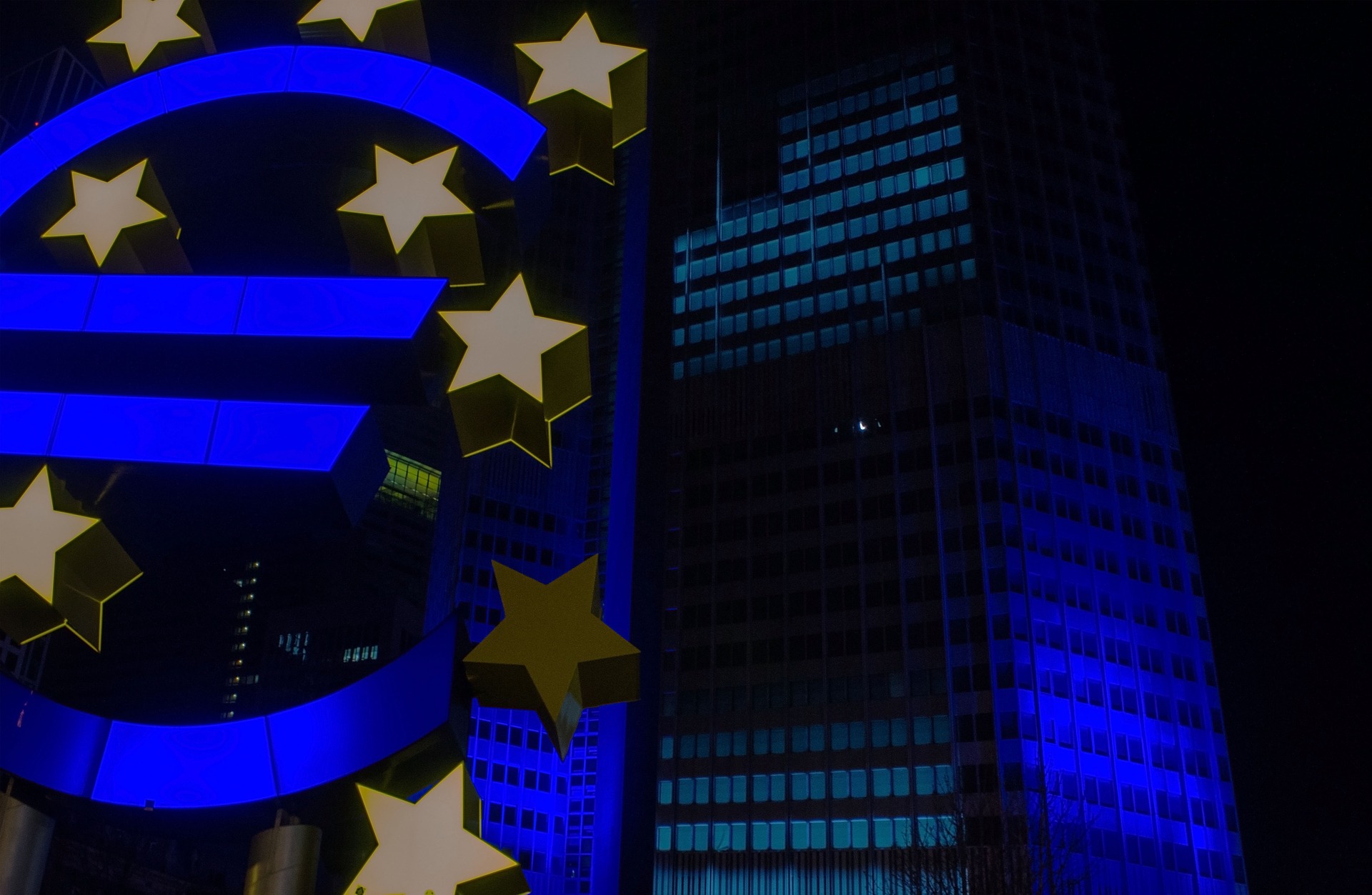T. Rowe Price: Don’t expect any fireworks at this weeks’ ECB meeting

Tomasz Wieladek, internationaal econoom bij de Amerikaanse vermogensbeheerder T. Rowe Price, blikt vooruit op de komende ECB meeting donderdag aanstaande en geeft zijn commentaar op de laatste eurozone PMI’s.
The ECB will meet to decide monetary policy on Thursday. I think that we will probably hear that PEPP was discussed, but that the Governing Council will not make any changes to PEPP reinvestment.
Given the recent rise in bond yields across the globe, I believe that the ECB will want to retain the flexibility to buy Italian BTPs and sell German Bunds in exchange that is embedded in the PEPP.
Indeed, recent leaks published in Reuters suggest that this is a strong argument for keeping PEPP reinvestment until the end of 2024, as originally indicated by the PEPP guidance.
I therefore don’t expect any type of additional QT beyond what has been already announced this week or anytime soon.
However, there continues to be a debate within the Governing Council about how to lower the balance sheet costs of holding large QE portfolios, while the funding (policy rates) are high.
One way of reducing this cost is to raise the share of reserves that are renumerated at 0%. There is therefore some risk that they raise minimum reserves from 1% to 3% to lower the costs of large balance sheets.
However, this could hurt bank profitability as it will be hard to pass on these costs to savers in an environment where governments are selling higher yielding debt to retail investors in a number of countries.
Finally, given the evolution of the data over the past month, I think another rate hike is very unlikely. Indeed, the most likely outcome going forward is an easing in inflation and deteriorating real economy data which will eventually push the ECB to cut rates in the first half of next year.
October PMIs in Europe continue to deteriorate
In Germany, the Services PMI returned to contraction territory after a bounce back in September. However, the manufacturing PMI contracted at a slightly smaller rate, but remains in deep recession territory.
However, the order to inventories ratio improved again, as a result of a rise in new orders and a decline in final goods. This suggests that the German economy is close to the bottom the in the manufacturing cycle.
In France, on the other hand, the services PMI improved markedly by 2 points, but remain in firm contraction territory. The French Manufacturing PMI, however, fell off a cliff by point and a half towards the contraction levels seen in Germany. In both France and Germany, employment PMIs deteriorated further falling into contraction level.
For the Euro Area as a whole, both the manufacturing and services PMIs fell further into contraction territory, with Euro Area composite fell by a whole point. Employment also fell significantly for the Euro Area as a whole, but remain in slight expansionary territory.
The Outlook for Euro Area PMIs remains challenging, but less grim than in previous months. Clearly, a rise in uncertainty as a result of conflict in the middle east and higher commodity prices weigh on the sentiment component of PMIs.
However, today’s ECB bank lending survey looks a bit less negative, with demand for mortgages contracting at a smaller rate than before and banks credit standards continued to tighten, but at a smaller rate than before.
These data will mean that the ECB holds rates at this week’s meeting. But going forward, since PMIs could stay at these levels for some time, I believe it is likely that the next ECB policy move will be a cut which could happen as soon as early next year.









